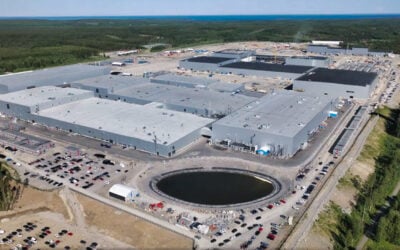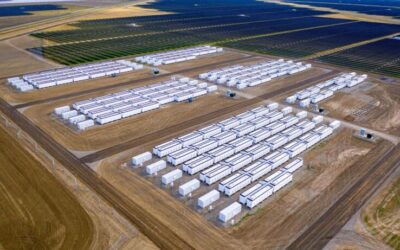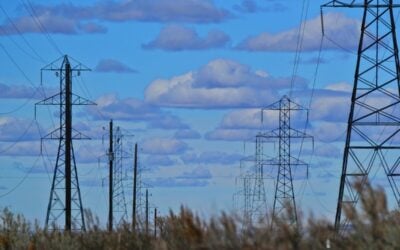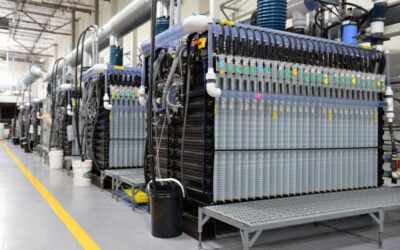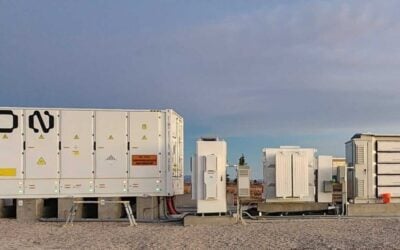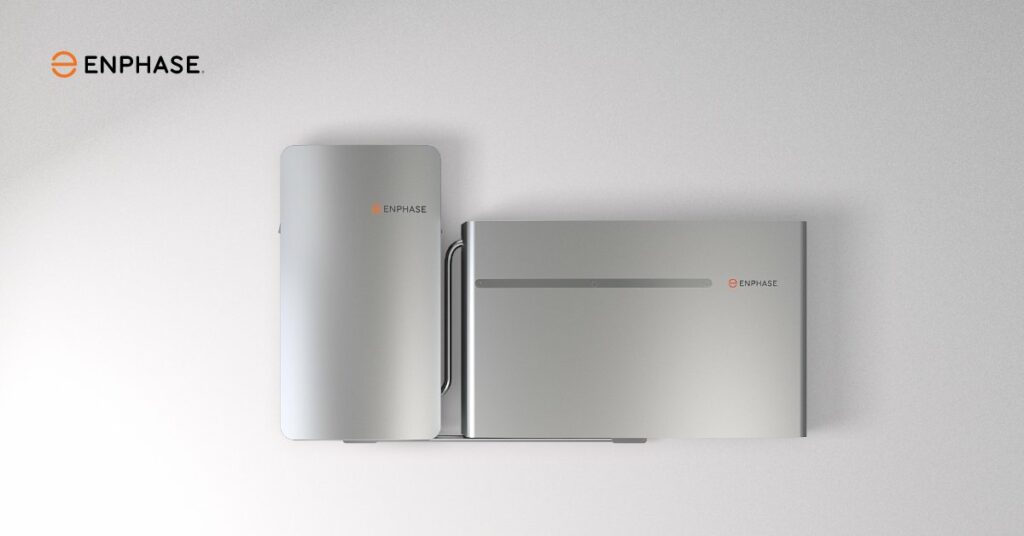
Microinverter supplier Enphase Energy posted strong Q4 2021 results last week that saw strong revenue growth, following high demand for its IQ microinverters and a 53% jump in orders of its IQ batteries compared with Q3 2021, despite supply chain constraints.
In response to the surge in demand for batteries, it has added extra capacity to its facilities in Mexico and India.
Enphase recorded US$412.7 million in revenue for the three months ending 31 December 2021, up from US$351.5 million in Q3 2021, according to its Q4 2021 financial results released 8 February. This was a 17% jump on the record revenue posted in Q3 2021.
It said strong demand for its IQ microinverters and IQ Batteries in the US and international markets drove the increased revenue despite “supply chain constraints and logistical challenges”.
Try Premium for just $1
- Full premium access for the first month at only $1
- Converts to an annual rate after 30 days unless cancelled
- Cancel anytime during the trial period
Premium Benefits
- Expert industry analysis and interviews
- Digital access to PV Tech Power journal
- Exclusive event discounts
Or get the full Premium subscription right away
Or continue reading this article for free
Enphase shipped roughly 3,033,891 microinverters totalling 1,082MWdc and 100MWh of Enphase IQ Batteries. In Q3, it shipped 2.6 million microinverters, equivalent to around 913MWdc, and 65MWh of storage systems.
The company has 180MWh of storage production capacity today, up from 120MWh in Q3, and is in discussions with additional storage suppliers to increase capacity further, it said.
“Our lead times for batteries are still long today at approximately 14 to 16 weeks primarily due to logistics challenges, which are global,” said Enphase CEO Badri Kothandaraman in discussing results with analysts.
“The lead times should come down once global shipping and port conditions improve.”
Enphase expects to ship between 110-120MWh of batteries in Q1 this year, said Kothandaraman, up 15% from Q4 last year. But expect prices for Enphase’s battery storage products to go up in March this year, Kothandaraman told analysts.
The company expects revenue of US$420-440 million in Q1 versus prior estimate of US$397 million, according to a ROTH Capital note that added the better-than-expected figures are “due in part to anticipated growth in storage as Enphase expects to ship 110-120MWh of storage in Q1 for implied sequential growth of 15% versus prior ROTH estimate of 105MWh.”
Analyst call transcription via The Motley Fool.
To read the full version of this story, visit PV Tech.

